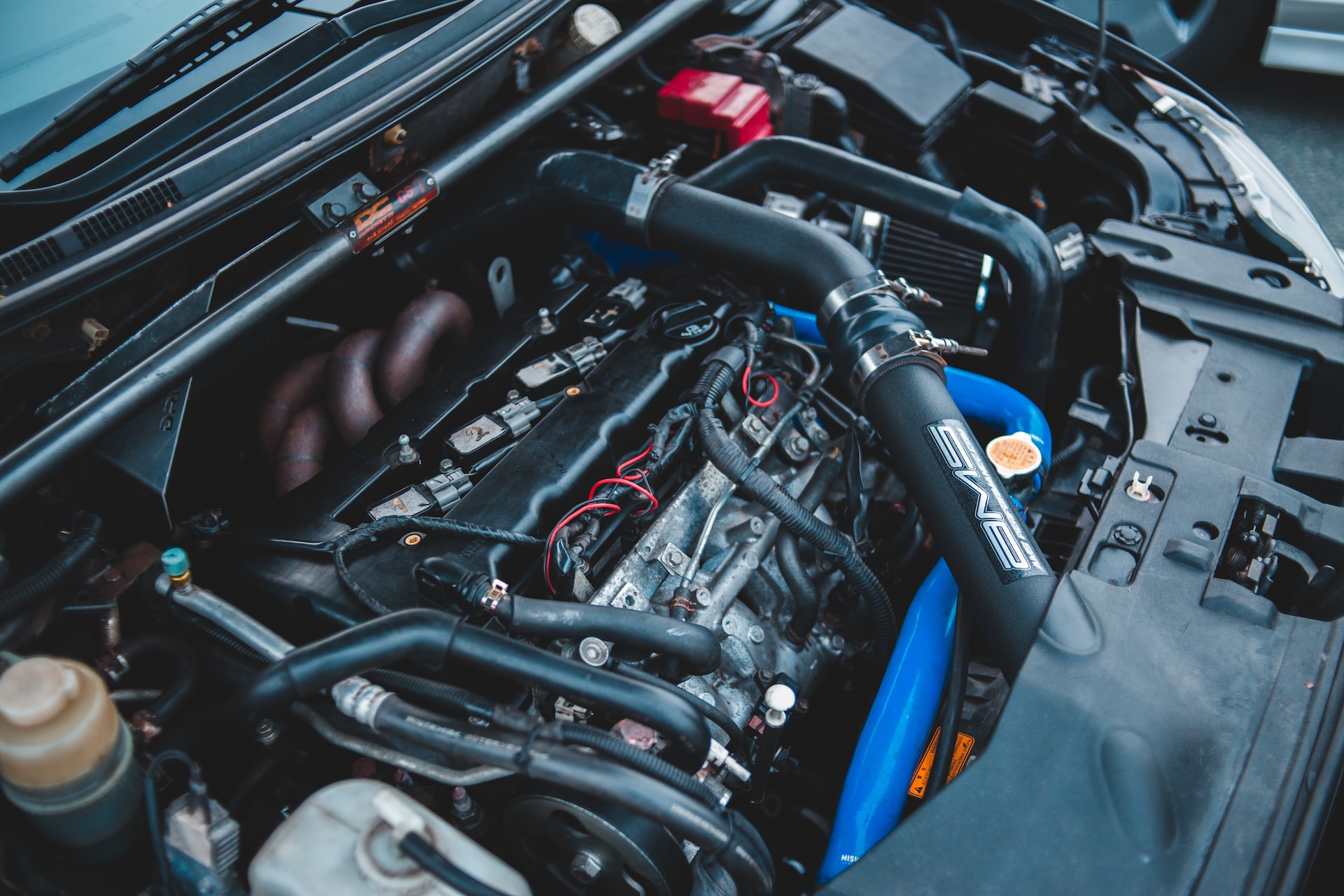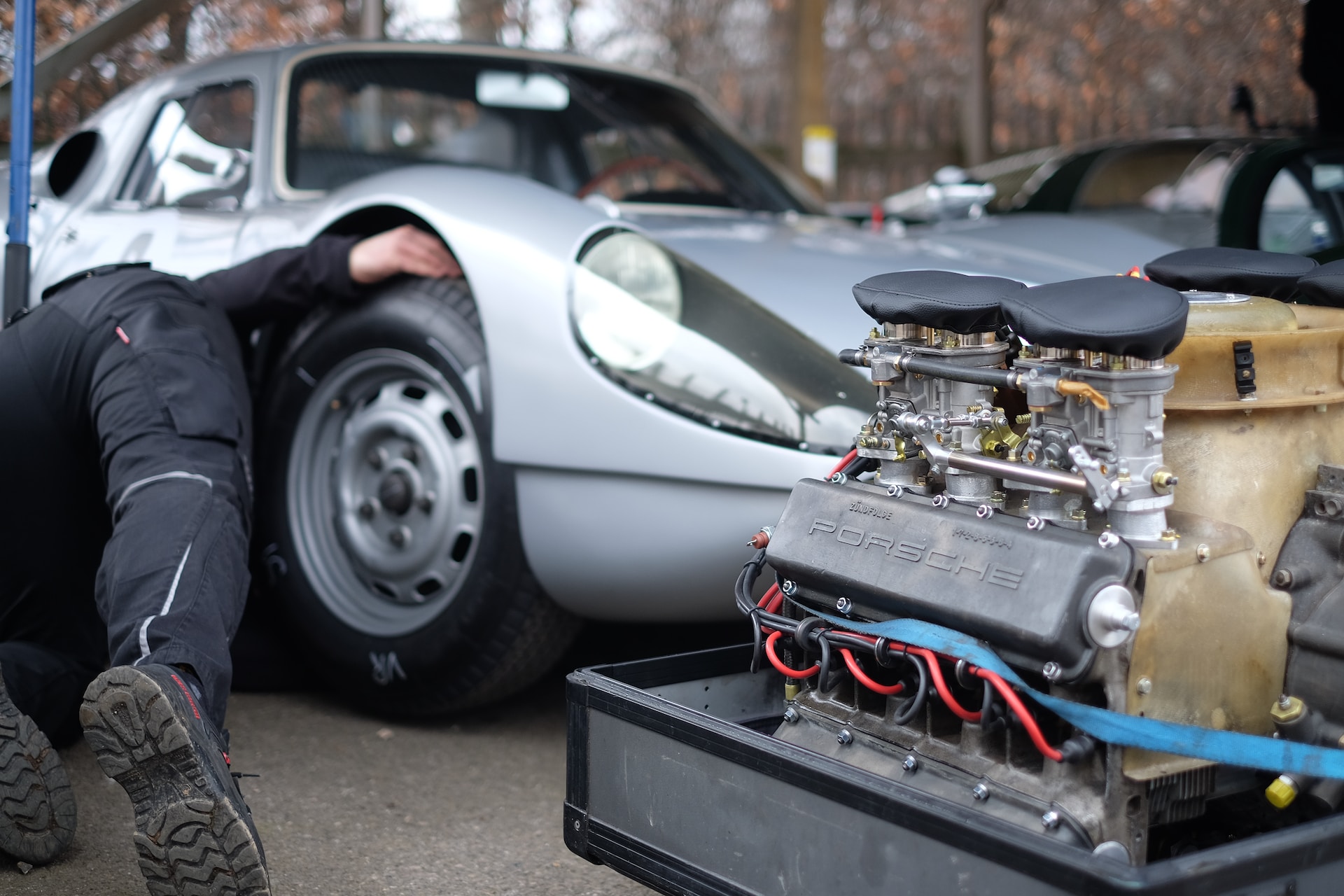Introduction
Cars have become an integral part of our daily lives, offering convenience, mobility, and style. Over the years, the automotive industry has witnessed tremendous advancements and innovations, leading to the development of various types of cars to suit different needs and preferences. In this article, we will explore the world of automobiles and delve into the different types of cars available, as well as the fascinating engines that power them.
Sedans: The Classic Choice
Sedans are the most common type of car found on the roads today. Known for their elegance and comfort, sedans typically have four doors and a separate trunk compartment for storage. They come in various sizes, from compact to full-size, catering to different passenger capacities and preferences. Sedans are versatile and suitable for everyday commuting, family use, or even business purposes. They offer a smooth driving experience and are often equipped with advanced safety and technology features.
SUVs: Power and Versatility
Sport Utility Vehicles (SUVs) have gained immense popularity in recent years due to their commanding presence and versatile capabilities. SUVs are known for their robust build, higher ground clearance, and four-wheel drive options, making them ideal for both urban and off-road adventures. They provide ample interior space, making them suitable for larger families or those needing extra cargo capacity. With their powerful engines, SUVs can handle various terrains and weather conditions with ease.
Hatchbacks: Compact and Practical
Hatchbacks are known for their practicality and compact design. They typically have a rear door that opens upward, providing easy access to the cargo area. Hatchbacks are excellent choices for urban driving, as their smaller size allows for maneuvering through tight spaces and parking in congested areas. They offer good fuel efficiency and are often favored by young professionals or small families seeking a balance between functionality and affordability.
Check Our Blog on: Best Used Cars in Kenya
Coupes: Style and Performance
Coupes are two-door cars known for their sleek and sporty design. They are designed to prioritize style and performance over practicality. Coupes often have powerful engines and offer an exhilarating driving experience. With their lower rooflines and streamlined bodies, coupes exude a sense of luxury and sophistication. While coupes may not offer as much interior space as other car types, they make up for it with their eye-catching aesthetics.
Convertibles: The Freedom of Open Air
Convertibles, also known as cabriolets or roadsters, are cars that can be transformed from closed-roof vehicles to open-air ones. They offer the freedom to enjoy the open road and the wind in your hair. Convertibles come in various styles, including soft-top and hard-top options, allowing drivers to experience the thrill of driving with the top down in any weather condition. While convertibles often sacrifice some structural rigidity and storage space, they compensate with a unique and exhilarating driving experience.
All Types of Car Engines
Apart from the various car types, another crucial aspect of automobiles is the type of engines that power them. Here are some of the common types of car engines:
Gasoline Engines: The Standard Choice
Gasoline engines, also known as petrol engines, have been the standard choice for most cars. These engines use gasoline as fuel and operate by igniting a mixture of air and fuel within the cylinders. Gasoline engines are known for their smooth performance, wide availability of fuel, and relative affordability. They offer a good balance between power and fuel efficiency, making them suitable for a wide range of applications.
Check Our Blog on: SBT Japan Car Exporters
Diesel Engines: Efficiency and Torque
Diesel engines are renowned for their efficiency and high torque output. These engines rely on compression ignition, where the air within the cylinder is compressed to a high pressure, causing the fuel to ignite. Diesel engines are commonly found in larger vehicles such as trucks and SUVs due to their ability to deliver substantial pulling power. While diesel engines typically offer better fuel economy than gasoline engines, they tend to produce more emissions.
Electric Motors: The Rise of Electrification
With the growing focus on sustainability and reducing carbon emissions, electric motors have gained significant attention in recent years. Electric cars, also known as electric vehicles (EVs), are powered by electric motors and use electricity stored in batteries as their energy source. Electric motors offer instant torque and smooth acceleration, while EVs produce zero tailpipe emissions, making them environmentally friendly. The advancements in battery technology have led to increased driving ranges, making electric cars a viable option for everyday use.
Hybrid Powertrains: Combining the Best of Both Worlds
Hybrid cars utilize a combination of a traditional internal combustion engine (either gasoline or diesel) and an electric motor. These vehicles aim to harness the benefits of both gasoline engines and electric motors, offering improved fuel efficiency and reduced emissions. Hybrid powertrains use regenerative braking to recharge the electric motor’s batteries while driving. This technology allows the vehicle to switch between gasoline and electric power or even use both simultaneously, depending on driving conditions and power requirements.
Check Our Blog on: Common Problems After Engine Replacement
Conclusion
As the automotive industry continues to evolve, we can expect to see further advancements and innovations in car designs and engines. The various types of cars available cater to different needs and preferences, ranging from practical sedans and compact hatchbacks to powerful SUVs and stylish coupes. Additionally, the emergence of electric and hybrid vehicles highlights the growing importance of sustainability in the automotive landscape. Understanding the different types of cars and engines can help individuals make informed decisions when purchasing a vehicle that suits their lifestyle and requirements.
FAQs
1. What are the advantages of choosing an electric car over a traditional gasoline-powered car?
Electric cars offer several advantages over traditional gasoline-powered cars. Firstly, electric motors provide instant torque, resulting in smooth and quick acceleration. Secondly, electric cars produce zero tailpipe emissions, making them more environmentally friendly and contributing to cleaner air quality. Additionally, electric cars have lower operating costs, as electricity is generally cheaper than gasoline. While the initial purchase price of electric cars may be higher, there are often government incentives and long-term savings on fuel and maintenance expenses.
2. What factors should I consider when selecting the right type of car for my needs?
When selecting a car, it is essential to consider your specific needs and preferences. Factors to consider include the number of passengers you regularly transport, the amount of cargo space required, your typical driving conditions (urban, rural, off-road), fuel efficiency requirements, and budget constraints. Additionally, think about the desired features, such as advanced safety technologies, connectivity options, and overall comfort. By evaluating these factors, you can narrow down the options and choose a car that aligns with your lifestyle and priorities.
3. Are hybrid cars a suitable choice for long-distance driving?
Yes, hybrid cars can be a suitable choice for long-distance driving. Hybrid cars combine the benefits of both a traditional internal combustion engine and an electric motor. They utilize regenerative braking and the ability to switch between gasoline and electric power, optimizing fuel efficiency. This feature makes them well-suited for long drives, as they can provide a longer driving range compared to purely electric vehicles. However, it is essential to consider the specific hybrid model’s range and fuel capacity to ensure it meets your desired travel requirements.
Why Tune in to Used Auto Arena?
Tuning into Used Auto Arena for car updates is a smart decision for several reasons. Firstly, Used Auto Arena provides up-to-date information on the latest trends and developments in the automotive industry, including new models, features, and technologies. This information can help car buyers make informed decisions about their next vehicle purchase and ensure that they are getting the best value for their money.




